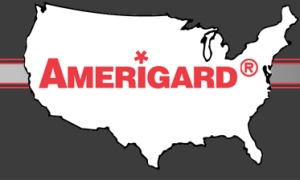Can a trademark owner with a common law trade mark do anything to stop an infringer from infringing on her mark? For that matter, what is a common law trademark? If she does nothing, are her rights waived? What if she has a federal trademark registration — is she required to sue every possible infringer in order to protect her trademark rights?
Common law trademark rights are rights accrued under the law by using a trademark in commerce in connection with the offering of goods or services. They extend to the territory where the mark is used, as opposed to federal trademark rights which cover all 50 states in the U.S. Common law rights must also be proved with evidence of use, whereas federal trademarks carry a presumption of validity and statutory damages. A common law trademark holder still has rights which can be protected under the law. The law on when a trademark owner needs to act to protect a trademark is complex and nuanced — the cryptic answer is not unless the infringing use is material, i.e., it matters. If the infringer is making enough of an impact in the marketplace, a trademark holder must take action to stop the infringer or risk waiving its rights.
Of course, these types of issues tend to be highly fact-specific, as with everything in trademark law. It’s best to consult a trademark attorney if you have any questions.




























